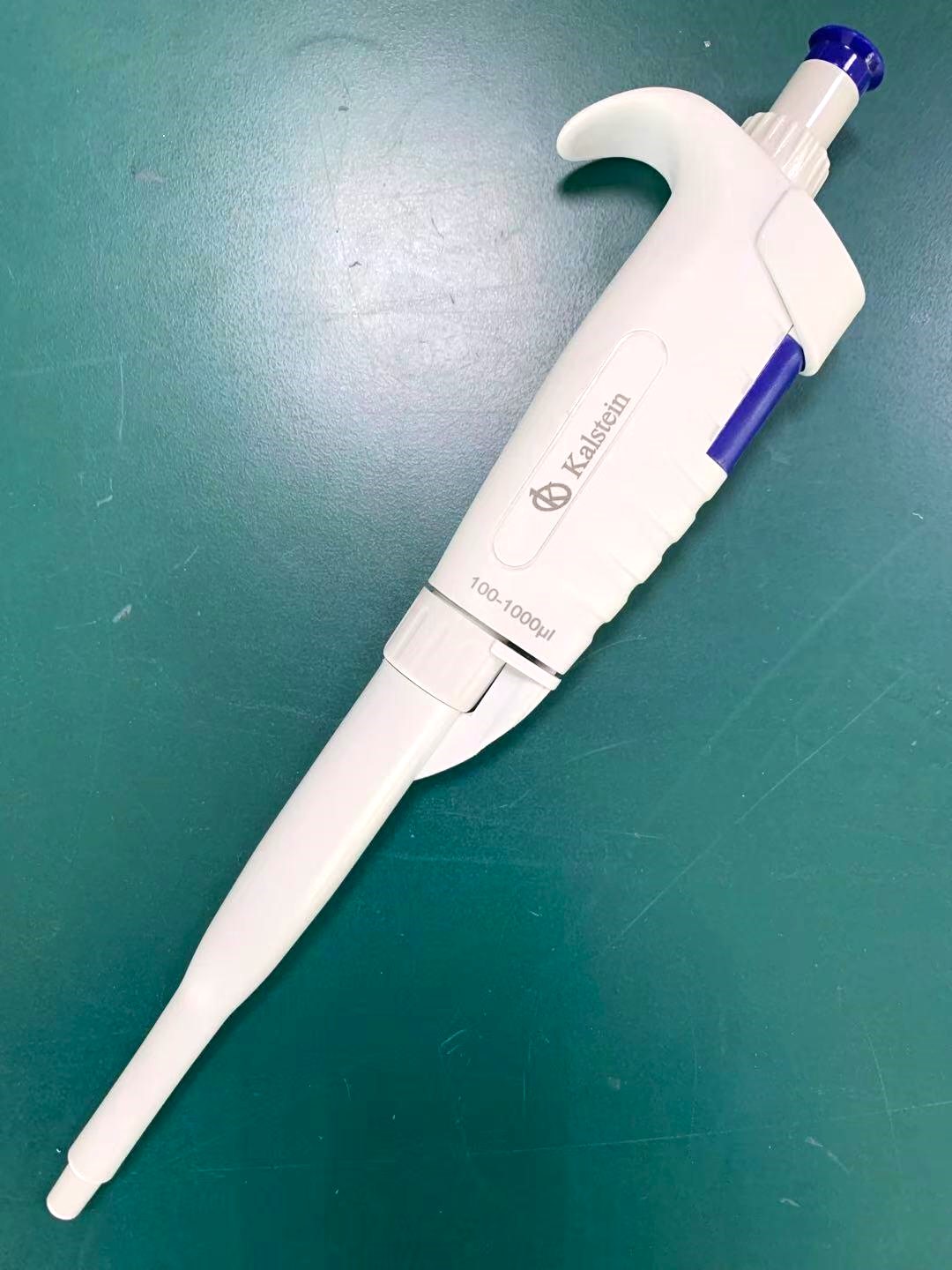The pipette is a laboratory tool used to measure and transfer small amounts of liquid. They are available in a variety of sizes and materials and are selected based on their intended use.
Material of Pipettes
Pipettes are small, thin tubes used to measure and transfer small amounts of liquid. They are often used in laboratories and health care facilities to transfer precise amounts of fluids, such as blood or chemicals. They are made of a variety of materials, including glass, plastic and metal. Each type of material has its own advantages and disadvantages
Glass pipettes
Glass pipettes are usually made of borosilicate, a type of glass resistant to acids and changes in temperature. This material is ideal for working with corrosive or highly reactive chemicals. They are also suitable for high temperature work, making them ideal for distillation applications. They can be used only once or cleaned and reused. They can be ingested, making them safe to use in food and beverage applications.
Plastic pipettes
Plastic pipettes are made of a variety of materials, including polypropylene, polycarbonate and polyethylene. The material is selected according to the intended application.
Plastic pipettes are cheaper than glass pipettes and have the advantage of being lighter. They are also safer to use because they do not break easily and are not as likely to cause cuts. They can be reused but must be cleaned and disinfected after each use.
Metal pipettes
Metal pipettes are made of stainless steel or aluminum. They are suitable for high temperature work and resistant to acids and corrosive chemicals. They can be cleaned and reused but must be disinfected after each use.
Advantages of Pipettes
Pipettes are one of the most commonly used instruments in the laboratory, and it is no surprise that they offer numerous advantages over other methods of dispensing liquids. Below are some of the main advantages of pipettes: Precision: Pipettes allow for greater precision in liquid dosing, which is essential in many experiments.
Ease of use: Pipettes are very easy to use, allowing laboratories to perform their tasks quickly and efficiently.
Versatility: They can be used to dispense a wide variety of liquids, from water to chemical solvents.
Cleaning: Pipettes can be easily disinfected and reused, which makes them very economical.
In short, pipettes are a very useful tool for any laboratory. They are precise, clean, safe and easy to use, making them an excellent choice for conveying and measuring liquids.
Kalstein pipettes
At Kalstein we are manufacturers of the best Pipettes on the market and at the best prices, they correspond to the YR series. They are very easy to use. No special training is needed to use them, so anyone can learn to use them quickly. They have many advantages over other methods of transport and measuring liquids. First of all, they’re very precise. This is especially useful when working with liquids that require accurate dosing, such as chemical reagents. Secondly, the pipettes are very clean and safe. There is no risk of contamination when using pipettes, as direct contact between the liquid and the person handling it is not required.
For more information, visit our website HERE Before making your purchase, you will be advised by our experts to make your experience excellent. Take a look at HERE

